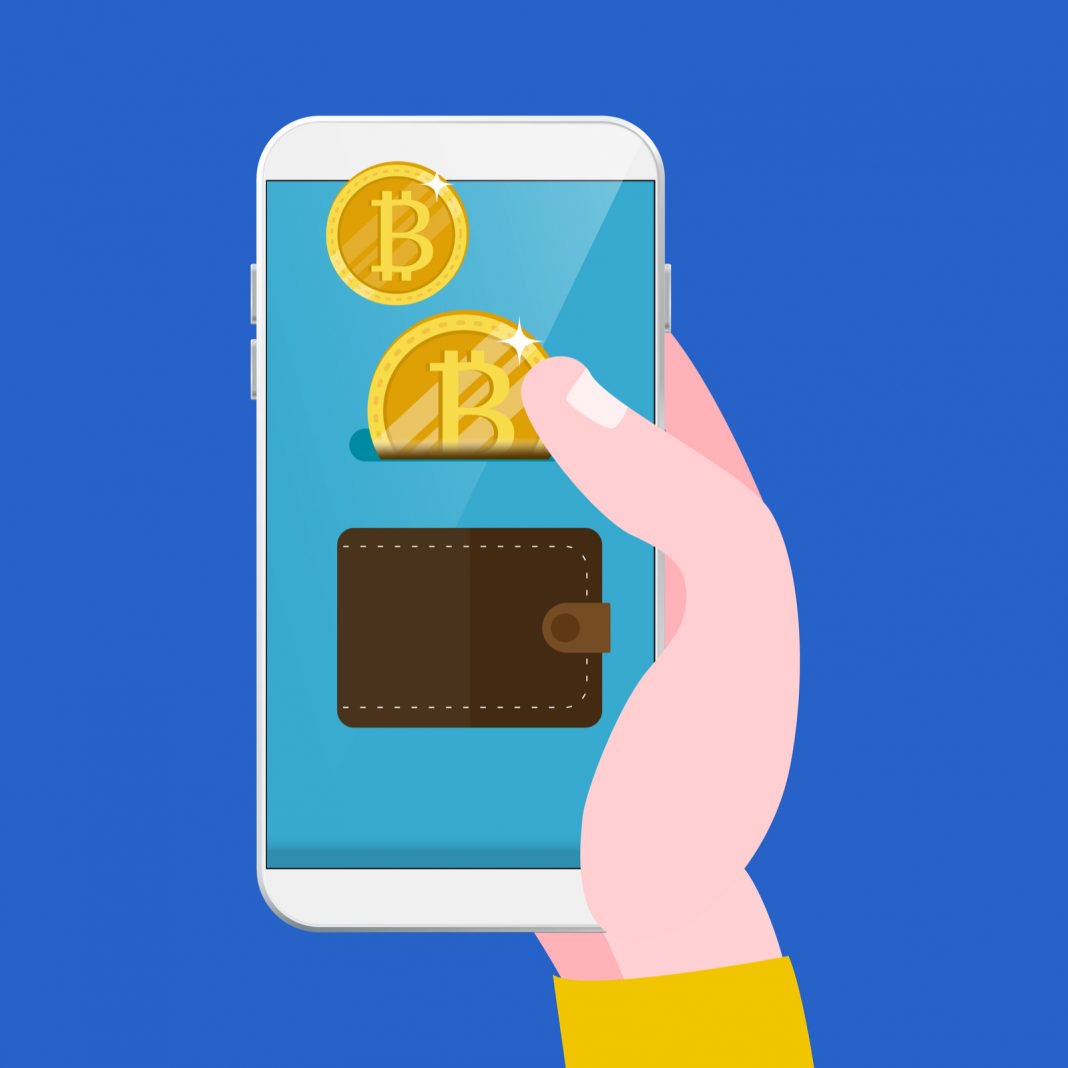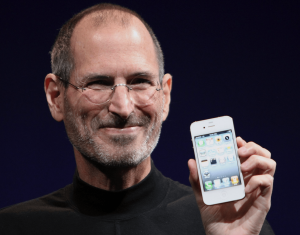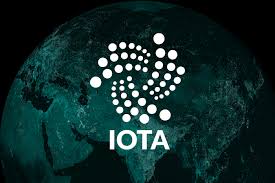If Your Crypto Doesn’t Have a Mobile Wallet It’s Not Really a Currency

Anyone can create a cryptocurrency. It’s a surprisingly simple process, especially if you copy the codebase of an existing coin and give it a new name. That’s how many of the most popular cryptocurrencies such as litecoin were born. But creating a cryptocurrency and mining the genesis block isn’t enough: until that coin has its own mobile wallet and can be used to transact, it doesn’t deserve to be called a cryptocurrency.
Real Cryptos Reside on Your Cellphone
The internet was born on desktop devices but it now resides in our pockets – or more often our palms, since we rarely stop using our mobile devices long enough these days to put them away. When Satoshi published his white paper in October 2008, desktop was still the preferred means of doing business on the web, but all that was about to change. 14 months earlier, Steve Jobs had unveiled the iPhone, ushering in the stirrings of what would become the mobile revolution.
 Meanwhile, Satoshi was quietly getting on with his own cryptocurrency revolution. By late 2010, Satoshi had checked !out, but the seed he had sown was sprouting into a digital money tree that was growing fast. By 2016, mobile web usage!
Meanwhile, Satoshi was quietly getting on with his own cryptocurrency revolution. By late 2010, Satoshi had checked !out, but the seed he had sown was sprouting into a digital money tree that was growing fast. By 2016, mobile web usage!
outstripped desktop usage, and the crypto economy, which had stagnated for the last two years, exploded into life. Suddenly everyone was releasing coins and tokens, many of which were mobile-oriented, and everyone was tweeting, Snapchatting and vlogging about crypto.
There was just one problem: most of these new cryptocurrencies weren’t actually spendable. They were more like future currencies, that would be usable in around 18 months’ time when the development team got round to releasing Android and iOS wallets. Bitcoin might be expensive to send and ripple might be pointless to send, but at least they can be used as a form of currency, P2P or P2B. Good luck transforming the lives of the unbanked with your “cheap and fast” transactions that can only be sent from desktop wallet to desktop wallet.
 iOS Ain’t Easy
iOS Ain’t Easy
The difficulty many developers face is that having an app approved for the App Store is an arduous and rigorous process. Apple don’t accept any old code, cobbled together and rushed to market, which is how many cryptocurrency projects seem to operate. As a consequence, mobile wallets – iOS especially – have proven to be a sticking point. Of the coins currently in the cryptocurrency top 10, half don’t have their own dedicated wallet.
Ripple, cardano, stellar, IOTA, and EOS all lack proprietary iOS wallets, with ripple and stellar at least spendable using third party wallets. Venture outside the top 10 and very few coins have a mobile wallet; monero for example is still waiting on full iOS support. Mobile wallets take time and tinkering to perfect, so it’s not the fault of development teams that they’re unable to push these apps out overnight. But until they do, all their talk of being able to support thousands of transactions a second and enable peer to peer exchange is just that – talk.
Do you agree that cryptocurrencies without mobile support aren’t proper currencies? Let us know in the comments section below.
Images courtesy of Shutterstock, and Wikipedia.
If you like my posts follow @lugru79
that is one way to think.
for example you don't carry around gold to pay with it on the go but still it is a highly asked currency